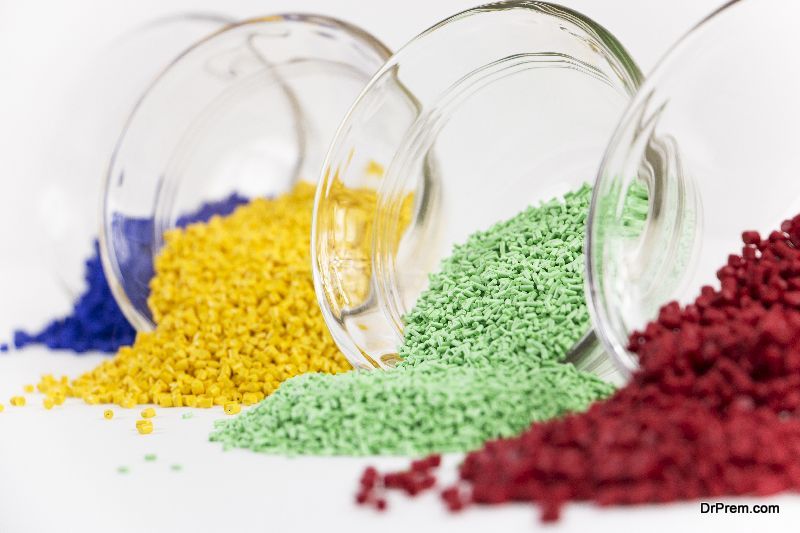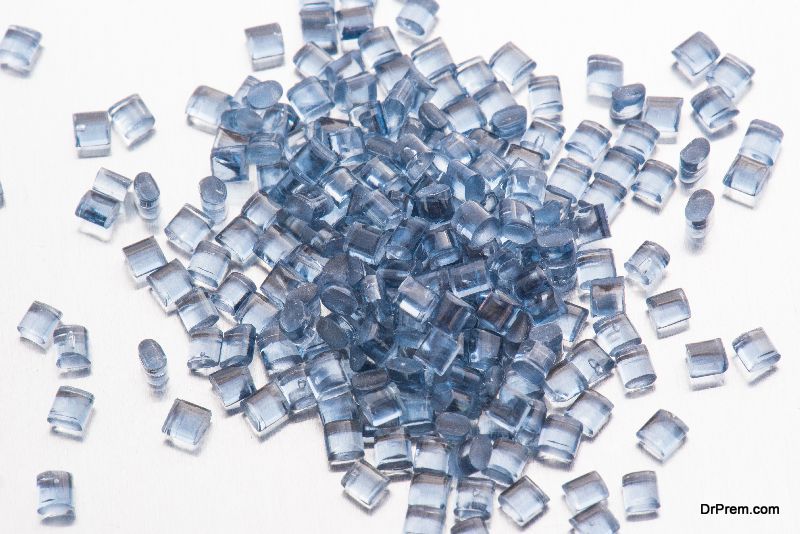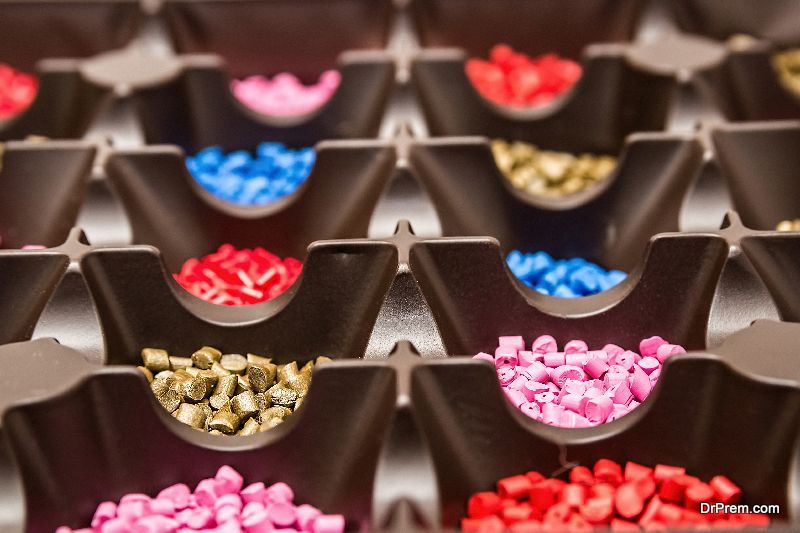Plastic is hailed as one of the versatile materials as it finds ubiquitous use in almost everything. For its serious environmental repercussions, however, this once so popular material has lost much of its sheen. The world is gradually switching to bioplastics, the better alternative developed till date.
We are literally drowning in plastics. Plastics being readily available are easy to use but tough to dispose of. If we use a plastic bag roughly for 20-30 minutes, it would take at least 500 years for a complete breakdown. Imagine the plight of getting millions of tons of plastics in the world biodegraded naturally.
Bioplastics to replace conventional plastics:
Bioplastics are developed from renewable materials like corn, potato, wheat, shrimp shells. A bioplastic material only requires 20% renewable materials and the rest 80% are all fossil-based synthetic materials.
Biodegradability is a big factor. Bioplastics are being considered as better alternatives but their biodegradability is highly debatable. The terminology itself is confusing but the industry is booming.
By 2020, bioplastics would replace all plastics made from fossil fuels. We may not lessen our consumption with the availability of bioplastics being assured that those will break down quickly.
How green are bioplastics?
But the problem does not seem to end with bioplastics. Will they biodegrade in a single season? Will these leave any toxic residue on the earth? Above all, where these materials are going to end up in landfills or oceans?
Amidst the debate, it is confirmed that bioplastics leave lesser carbon footprints even than the biodegradable ones. PLA (Polylactide Acid), for example, an important constituent of bioplastic, produces 70% less greenhouse gas when it degrades in landfills. They are compostable and decay without producing harmful residue and get mixed with the soil easily. Few bioplastics can break down in a few weeks.
But some bioplastics do leave toxic residues or plastic fragments rendering them unsuitable for composting. Even with the compostable bioplastics, the problem of disposal remains. You may not find a suitable bioplastic composting facility nearby neither you can dump with your other daily wastes for daily pick-up.
Most of the organic composting facilities in the US and Canada do not accept bioplastics. Even if you are inclined to adopt eco-friendly materials for your daily use, the disposal problem will prevent you from doing so.
Therefore, a mere bio or eco-friendly tag is of no value if the proper disposing and composting facilities remain inaccessible to a larger population. It is more likely that people would toss these bioplastics in normal recycling systems creating a bigger mess.
The quest of making bioplastics is on:
The world badly needs to get rid of fossil fuel-based plastic products. Today, the market is witnessing some great developments in bioplastics, which are already in use or are getting ready for future use:
AirCarbon by Newlight Technologies:
Plastic pellets are created by tapping methane, a pollutant gas released from farms and landfills. Methane is mixed with air and put in a reactor which is converted in a liquid. A biocatalyst helps in creating carbon chains linking the carbon molecules finally giving off strands of plastics, which are converted into pellets. These pellets can be used to make plastic bottles and also used in computers, cars and even in apparels.
Inego by NatureWorks in Nebraska:
The firm grows corn, uses the sugar and ferments it to produce lactic acid, which forms the building block of this bioplastic. This can be a good replacement of PET (polyethylene terephthalate) and polystyrene, the two commonly used materials to form conventional plastic. Inego is 60% less carbon-intensive than conventional plastics.
Currently, this is being used in yogurt packaging by a German company and vegetable packing by Walmart. NatureWorks is also working to develop plastics from methane and is hopeful that would lead to a paradigm shift from producing consuming fuel-based plastics.
Sustainable polyethylene by Braskem:
This Brazilian petrochemical giant since 2010 has been producing sustainable polyethylene using ethanol fermented from Brazilian sugarcane. The company with $290 million investment produces plastics for juice and shampoo bottles and hard hats for miner’s safety appliances.
Big organizations with bigger investments are trying to produce different compounds, the essential building blocks of plastics, from agro products mainly corn and sugar. As people are switching over to eco-friendly plastics, the market is growing creating enormous business opportunities.
Even though the world is looking for better alternatives to minimize the plastic use, a lot will depend on consumer awareness and their disposing habits. Littering should be strictly prohibited else the problem would worsen with widespread use of bioplastics. People may find quite right to dispose of these anywhere which may bring in bigger problems.




